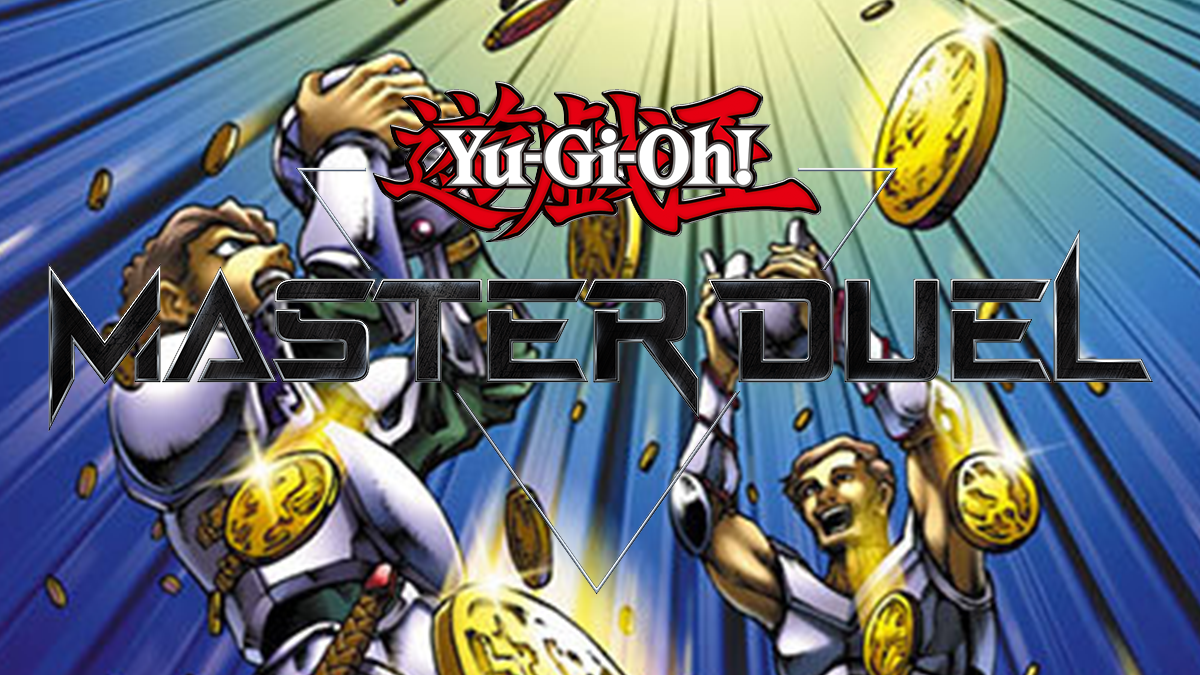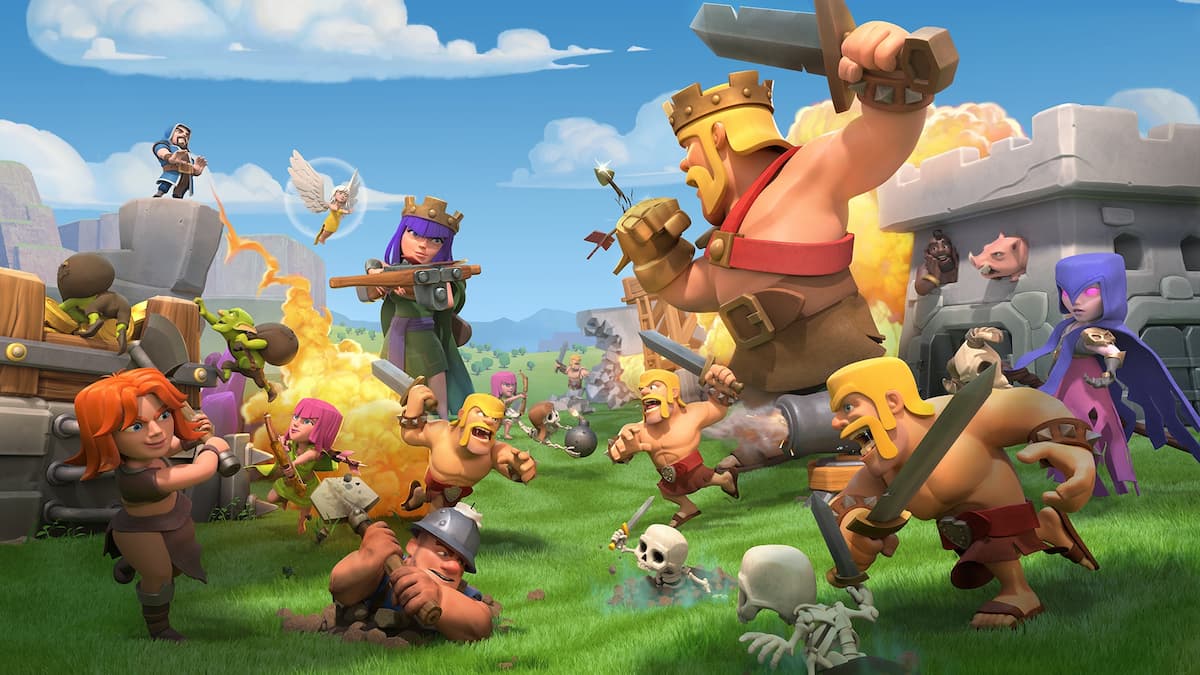Live-service titles tend to live or die depending on how the developers handle microtransactions, especially based on if they implement those transactions with a balance between fun to play and pay-to-play. Konami has done a decent job of finding that balancing point with Yu-Gi-Oh! Master Duel.
Just like with Duel Links, Master Duel uses a currency called Gems to facilitate its purchases. These can be obtained by playing the game’s Solo Mode, completing Missions, or working to increase your Grade in the game’s Duel Pass. However, because Master Duel is a free-to-play game, microtransactions are still a big part of it.
Gems can be earned fairly easily as long as you play Master Duel consistently. Unlike in Duel Links, you can get a lot more mileage out of fewer Gems because Master Duel also has a robust crafting system. This lets you purchase fewer Booster Packs overall and dismantle cards you won’t use to generate new cards using Craft Points.
Thanks to the crafting system, players can use their Gems more conservatively, purchasing only the products of which they need multiple copies instead of consistently spending them on several Booster Packs.
Related: How to unlock cards in Yu-Gi-Oh Master Duel | Crafting, shop, and more explained
In the Shop, Booster Packs each cost 100 Gems, Structure Decks cost 500 Gems per copy, and Accessories can run you anywhere between 50 and 600 Gems depending on what you are looking to purchase. Special products, such as Duel Pass Gold—the premium version of the game’s battle pass—and Bundle Deals featuring rare cards and Booster Packs cost 600 and 750 Gems respectively.
Paid Gems don’t offer much in terms of value. The $11.99 Gem Pack only gives players 680 Gems, which isn’t even enough to purchase the 10-pack deal on a Booster Pack to guarantee better pulls. Essentially, $10 is the equivalent of around 600 Gems based on the cost of the Duel Pass.
Unless you want to make use of some special offers like the limited-time launch Gem Packs, you’re better off being conservative with your Gems.
Additionally, Paid Gems can only be used on the platform you purchase them on. This is common practice for games that feature crossplay over multiple consoles, PC, and mobile since it keeps the company behind the title from having to deal with legal issues that could come with cross-platform purchasing.
There is also a way to see a record of your Gem spending in the Purchase Gem menu, which will show you when you purchased Gems, for how much, and even what product you spent your Gems on in-game.







Published: Jan 23, 2022 06:42 pm